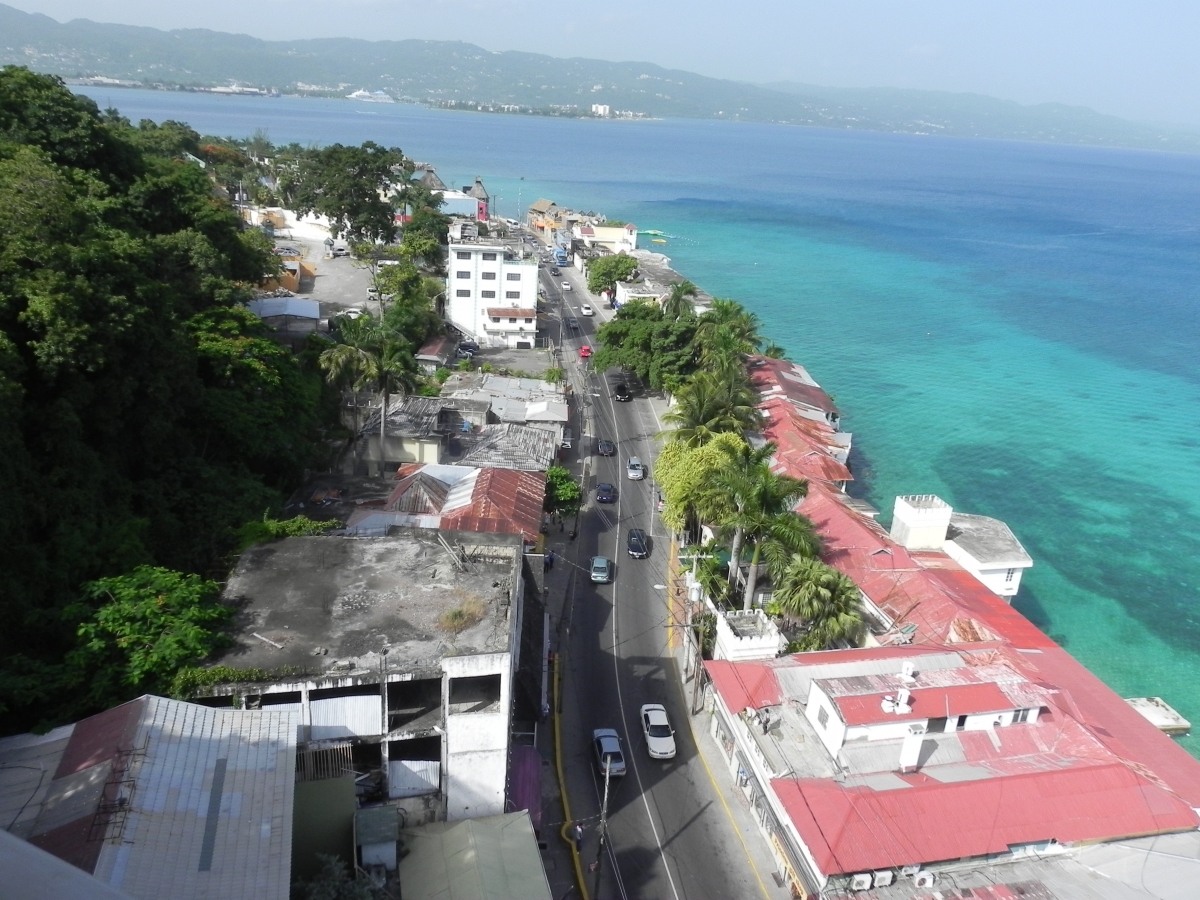An article dated March 23, 2020 in “Latin American Advisor” – a digital news letter that engages leaders in the Caribbean and Latin America, raised the question – Can the Caribbean Tourism Industry Withstand Covid-19? There is no doubt that this pandemic has done unprecedented damage to Tourism throughout the region. The Covid-19 “lock-down” completely shuttered the industry which incidentally, is the major source of foreign exchange and the largest employer for several of the islands that make up the region. The islands of the Caribbean are accustomed to rebuilding after major disasters – usually hurricanes or earthquakes, and for a moment in 2020 it looked like land, buildings and beaches could be all that remains of the vital tourist industry when the region move forward into the “new normal”.
However, the region has bounced back fiercely and the lock down became an opportunity to refocus and reinvent. However, I truly believe the lock down also presented a great opportunity to conduct the kind of massive beach clean-up and revitalization of the coral reefs adjacent to hotel properties, but that opportunity was missed. This could have been a period of collaboration between the hotel properties, volunteer citizen organizations, environmental NGOs, the Tourist Ministries and business – that could have made the Caribbean islands beaches the envy of the world.
The pristine beaches that complement the friendliness of its people to make the region a “must visit” destination for years are in trouble. The coral reefs are disappearing. Some have attributed this to extreme bleaching, while others have blamed overfishing. Whatever is the cause, one thing is certain – the coral reeves of the Caribbean require urgent attention. The alternative could be what is taking place at Hellshire Beach, just outside the city of Kingston, Jamaica – where the space once occupied by corals are now overrun by algae.

At Hellshire Beach it is quite evident that overfishing has occurred on the coral reef – disseminating the fish that feeds on algae. In their absence, algae grow unabated, blocking crucial sunlight to the photosynthetic organisms including the corals. This is happening on many of the beaches throughout the region where algae and seaweed are choking the growth of the carol reefs.
In Jamaica acidification from the runoff of gullies into the ocean (these gullies run from the inner-cities and take loads of garbage into the sea) could also be a source of the problem – as corals can only form polyps when the temperature and acidity of the water is within a certain range. There are multiple studies on the potential effects of climate change on the region’s beaches by the second half of the 21st century. Unfortunately the governments of region will have only limited control over most of the effects, but it is urgent that they pay attention to the things over which the region has some control.
The region is running out of time. Without the coral reefs and the fish species that rely on them, the entire ecosystem will crash, and seaweed “forests” take over. We are beginning to see the initial stages of this on some of the beaches at hotels on Jamaica’s north coast. If this process continues, what we will be left with is dead coral and algae-dominated ecosystems from which the benefits of coral reefs – hotspots of biodiversity, productive fisheries, and as-of-yet-undiscovered medicines – will vanish. In addition, hotels will have to spend enormous sums on continuous beach cleanup and maintenance, thus significantly driving up the cost of hotel stay.
The Covid-19 pandemic certainly exacerbated this challenge because most of the islands strategies for coping with the pandemic did not include a plan for Covid-19 waste disposal. Not many studies have been conducted on the environmental impact of such waste. The huge surge in the demand for personal protective equipment (PPE), disposable life support equipment and generic plastic supplies like syringes will leave us with an unprecedented amount of waste that was not in the plans. In places like Jamaica, most of this will end up in the gullies and out to the ocean.
It is not too late to come up with proper guidelines for disposal of Covid-19 and other medical waste before this adds to the existing challenges of coral and beach erosion. Environmental advocates in the islands might be able to use this to accelerate the conversation with the private sector, NGOs and government agencies – a conversation that needs to happen “yesterday”.
There are several models for this kind of collaboration. In the United States, in the state of Portland, OR, SOLVE, a volunteer-driven, locally-based community organization partner with the Oregon Lottery to conduct a massive annual beach and river clean-up. Just before the pandemic in 2019 they removed several tons of trash from the local rivers and beaches along the Oregon coast. A similar project occurs annually along the Treasure Coast Waterways – a 125 miles of waterways in Martin, St. Lucie and Indian River Counties on the East-Central of Florida. In 2019, slightly over 1000 volunteers removed 5 tons of waste from the waterways. Partners included the Marine Industry Association, Ocean Science Research Agencies, diving clubs and water sports businesses, along with several media outlets.
An organization like the Ocean Conservancy, an international agency that specializes in Coastal Clean-up might make a good partner for a beach cleanup and coral revitalization project in the region. Their main office is located in Washington DC, but they participate in ocean clean-up projects throughout the world. The international nonprofit – Coralive.org is currently engaged in a small effort to restore the precious corals to Jamaican beach and oceans. They are partnering with local groups and applying a technology called mineral accretion. This technology (previously called Biorock) is a method of using high voltage electricity power to speed up the growth of corals on an artificial reef. In addition, several dozen grassroots-run coral nurseries and fish sanctuaries have emerged over the past decade- mostly funded by small foundation grants, local businesses–including several hotels and government agencies.
Roglio Douglas, President of the Caribbean Sustainable Development Group in Lim’on, Costa Rica noted in his interview with the Latin American Advisor recently that “This is an ideal time for updating or creating more powerful strategic long-term plans incorporating markets, by broadening economic ties across continents; industries, by incentivizing internal development of new sectors in emerging technologies; inclusion, by investing in the productivity of the bottom half of the population for a more powerful economic engine with all hands on deck; and sourcing, by upgrading supply chains with multiple sources, including locals”.
Mr. Douglas is 100% correct. The big take away from this experience is that the islands of the region should emerge from this with a diversified economy that is not dependent on one industry as the primary source of foreign exchange and employment.
In the meantime, sun, sand, beach, friendly people and quality service are what have made the Caribbean the primary tourist destination in the western hemisphere. Making our beaches the cleanest and most protected in the west will go a long way to cementing that position while we embark on building the kind of diverse, robust economy that is the signature of truly free nations.
sydney@kingston12.net

